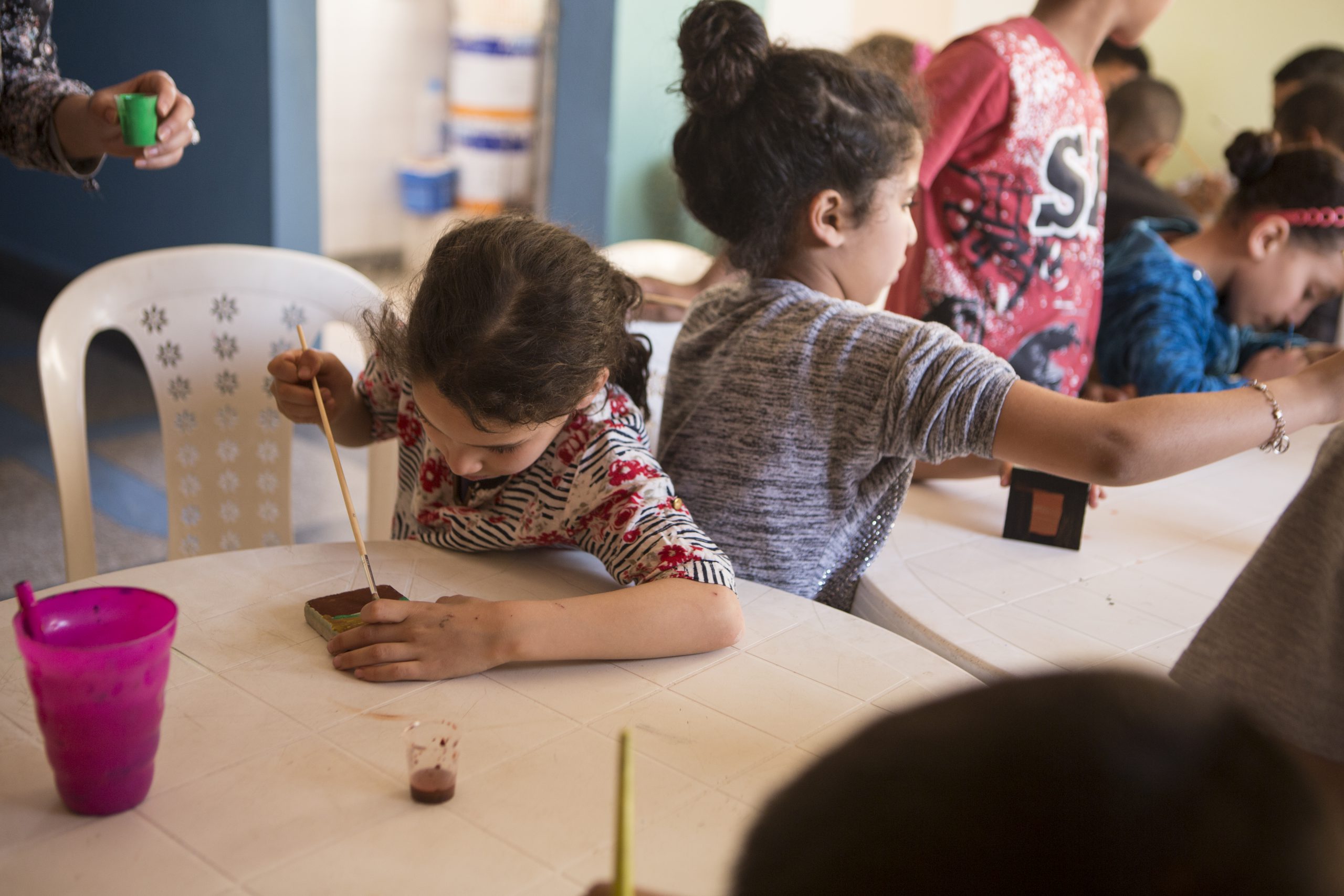Within a family environment, we are able to ensure our foster children’s access to health care, psychological support, and education. The foster care programme is made possible thanks to the MCT sponsorship programme and their monthly sponsors who are committed to giving the gift of a loving home that every child deserves.

Our foster care service compliments the services of Centre Amane, and we aim aspire to have a collection of different families available to provide:
Respite Care – this could be for a weekend to a week or two when the biological parents may need a break, are ill, or are experiencing stress
Kinship Care – the primary alternative for a child as it ensures maintaining family ties, this could be with short or long-term objectives
Short-term – this could be for 1-4 months while we work with the biological family to be able to care for their children
Long-term – this could be anytime 4+ months when we do not foresee the child able to return to his biological family in the short term
An estimated 417,328 children in Morocco are currently in institutional care and they don’t need to be; this equates to 1 in every 30 Moroccan children currently in institutions!
| Kafala | Foster Care |
| There is legislation for Kafala in the Family Code | No legislation for foster families, but judicial placement is possible through the penal code, in particular article 471 which speaks of the “trustworthy third person” |
| Only children found to be abandoned or whose parents have relinquished birth right are eligible for Kafala | All children in contact or in conflict with the law can be placed in foster care |
| The objective of Kafala is for permanency | The type of placement is determined according to the situation of the foster child, the objectives can include family reunification, preparation for autonomy after 18 years, or a transition to Kafala.
Maintaining contact with the biological family, if applicable, and there is always a possibility of reunification depending on the situation of the biological family in foster care. |
| The decision to place the child is made solely on the application of the kafala family – the opinion of the child is not sought. | Children go through needs assessments and the child’s opinion/consent is sought |
| The legal responsibility is on the Kafala family | The legal responsibility remains with the judge |
| The Kafala family chooses the child they want (older children and children with special needs are often not chosen by Kafala families as they are seen as ‘more work’) | The host family does not choose the child, the “Matching” process is carried out by FAPE to choose the family that could meet the specific needs of the child in question. |
| Irregular follow-up visits by the judge to ensure children are safe with families | Training, support, and regular monitoring of foster families by specialised social workers with the supervision of the judge |